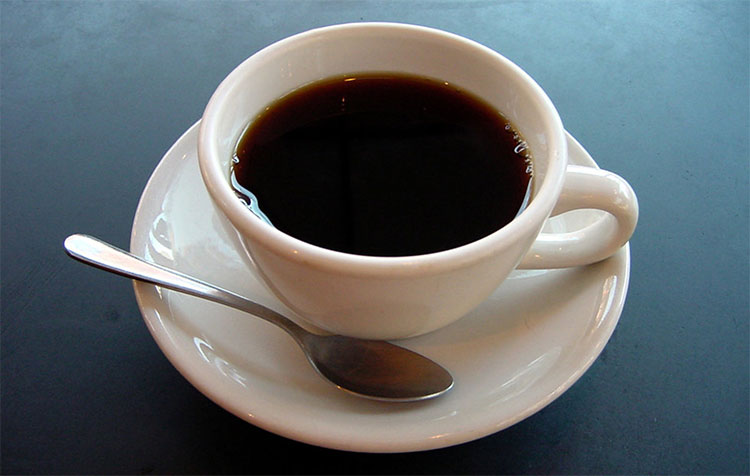Bitter coffee, why are so many people
It may sound absurd, but people who are sensitive to the bitter taste of coffee are often the subjects who consume this drink the most.
That's the result of a new study published in Scientific Reports. According to the researchers, this sensitivity is not merely a matter of taste, in fact the cause is influenced by genetic structure.

Many people are able to taste the bitterness of food, especially the bitter taste of caffeine.(Photo: Wikipedia).
Marilyn Cornelis, associate professor at Feinberg University School of Medicine at Northwestern University (Chicago, USA) said: "You can assume that people who are especially sensitive to bitterness will drink less coffee but the results of the We show that many people are able to taste the bitterness of food, especially the bitterness of caffeine, and their bodies seem to have a "mechanism" to become interested in hard-to-swallow flavors.
This finding is thought to be quite surprising, because bitterness is often seen as a signal in the "danger warning mechanism" , requiring people to "spit out" harmful substances.
Lead researcher Jue Sheng Ong, from the QIMR Berghofer Medical Research Institute (Brisbane, Australia), says their goal is to find out how genetic factors affect the level of consumption of drinks. Bitter taste like tea, coffee and alcohol.
"The bitterness is the same, but we found that the bitter taste of Brussels sprouts, tonic (containing a bitter compound called quinine ) and caffeine is completely different. This is partly determined by the gene. Our " , Ong said.
To get this finding, researchers looked at the genetic structure and the amount of bitter drinks consumed every day by more than 400,000 people in the UK.
The results showed that those with bitter taste of green vegetables (like Brussels sprouts) are more likely to prefer tea than coffee. They also tend to avoid drinking alcohol, especially red wine, than those without these gene variants.
According to Jue Sheng Ong, this result may help scientists study alcoholism or certain drinks.
- The coffee has enough flavor but is not bitter and not made from coffee beans
- Why do so many people like to add sugar to coffee?
- How to make a perfect cup of coffee?
- Strange: Tea made from extremely good coffee for health
- Eliminate the bitter taste of coffee with eggs
- Bitter foods are healthy
- 10 reasons not to miss bitter melon
- 3 cups of coffee a day to reduce breast cancer concerns
- 10 unique specialties of the land of thousands of Kon Tum
- Applying technology in Mercedes cars, people have created the best coffee filter in the world
- How much does your habit of drinking coffee consume?
- 10 facts about coffee
 'Fine laughs' - Scary and painful torture in ancient times
'Fine laughs' - Scary and painful torture in ancient times The sequence of numbers 142857 of the Egyptian pyramids is known as the strangest number in the world - Why?
The sequence of numbers 142857 of the Egyptian pyramids is known as the strangest number in the world - Why? History of the iron
History of the iron What is alum?
What is alum?